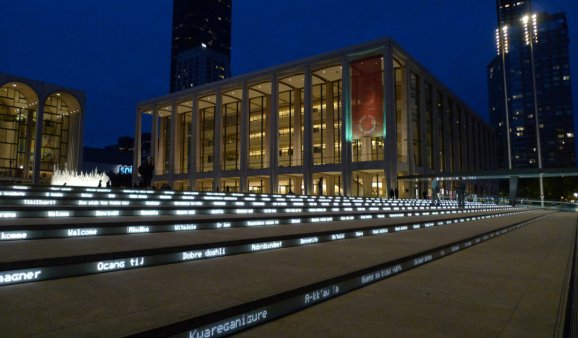
Program
Featuring
Other information
The event is about 2.5 hours long.
About the event
While the BFO’s highly successful series, the Mahler Cycle, came to a close in 2013 to be replaced by the Bridging Europe festival, Iván Fischer – the founder of the Hungarian Mahler Society – continues to spotlight the master’s works on a regular basis. This time, he will guide us on a journey from death to love and the desire to live.
In 1901 following a serious illness, Gustav Mahler began to compose music with surprising speed. Despite his desires to create and to live, the majority of the pieces he composed in this period, including the two works on the programme this evening, explore the topic of death.
The songs kicking off the concert were composed for lyrics written by Friedrich Rückert. The author was attempting to cope with the death of his two children by writing 428 poems; Mahler set five of these poems to music composed for solo voice and chamber ensembles. When he completed the cycle, the pieces of which form an indivisible whole, he did not yet know that he was to lose his own daughter one year later. The songs, evoking an unhappy sunrise, death reflected in the eyes of children, the emptiness of the most mundane activities and the hazy hope of undoing the past, lead ultimately to acceptance, expressed in a bright major-key arrangement. The concert will feature mezzo-soprano Gerhild Romberger, a return guest of the BFO, as the orchestra’s soloist.
Mahler’s marriage with Alma Schindler brought unprecedented positive energy to the composer’s life. Symphony No. 5, which begins in a minor key, moves up a semitone to a major key for the finale. While this was the first work of Mahler’s for which he did not write a text programme, the score includes a number of symbolic instructions. Divided into three parts, Mahler’s five-movement piece includes a funeral march, a storm, a dance, a confession of love to his wife – the Adagietto is one of his most recognised pieces of music – and a light-hearted finale. “An absolute must-hear,” wrote one critic of the BFO’s 2013 recording of the same symphony – and we feel confident the same will hold true of the concert performance.